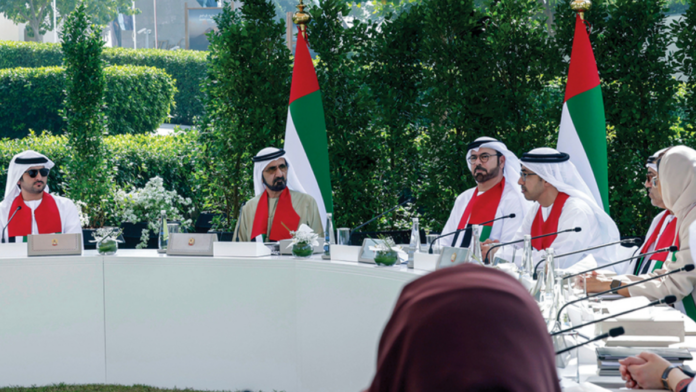Dubai, a city in the United Arab Emirates (UAE), ranks first in the world in international tourist spending with $29.4 billion (108 billion dirhams) in 2022, according to the World Travel and Tourism Council (WTCC).
His Highness Sheikh Mohammed bin Rashid Al Maktoum, the Vice President and Prime Minister of the UAE and Ruler of Dubai, has also launched an integrated national platform that is a compass for investment in various sectors like financial technology, tourism, manufacturing and renewable energy.
Recently, the Cabinet of the UAE approved the foreign investor’s compass project in vital sectors in order to promote tourism and investment. The foreign investor’s compass project could help to highlight the most prominent features of each sector.
This comes as Dubai retained the number one position in terms of global tourism. The UAE’s tourism sector showed recovery after the Covid-19 pandemic. In a recent meeting, the Council also approved the launch of the “Emirates Clean” campaign in order to clean the tourist destinations in the country.
This weekend, Sheikh Mohammed bin Rashid Al Maktoum approved a new campaign to promote the UAE as a tourist destination. The campaign was signed by him. During the meeting, Sheikh Mohammed bin Rashid Al Maktoum announced the launch of the third “World’s Coolest Winter” campaign in order to support domestic tourism and attract international travellers.
Sheikh Mohammed bin Rashid Al Maktoum held a meeting with the Council of Ministers in the Al-Zawra Nature Reserve in the Emirate of Ajman to talk about the foreign investor’s compass project. He also talked about the approval of the National Building Regulations in the country with the aim of reducing the use of natural resources.
The Council of Ministers also approved the National Building Regulations for the State with the aim of reducing the use of materials and natural resources by 15 per cent, reducing the carbon footprint by 5 per cent, reducing energy in roads by 45 per cent, reducing energy in buildings and housing by 25 per cent and reducing water consumption by 16 per cent.

